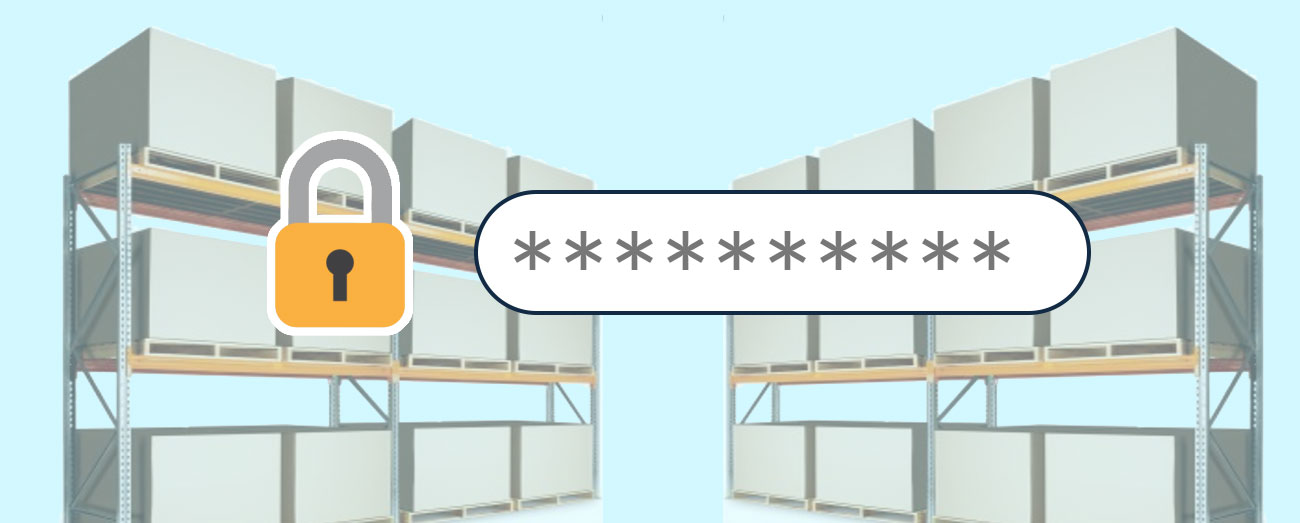PCI Compliance FAQs
Tagged with: eCommerce, Strategy & Consulting, Technical Tips & FAQs
PCI Compliance is an essential topic for eCommerce website owners. There is a lot of information to know and understand to keep up with all compliance requirements. Our eCommerce clients frequently ask about the needs and what exactly it means for their sites. Below we have compiled a list of a few of the most common questions on the topic.
What is PCI Compliance?
Payment card industry (PCI) compliance is adherence to a set of security standards developed by the Payment Card Industry Security Standards Council to protect card information during and after financial transactions. PCI compliance is a requirement of all major card brands and applies to companies of any size that accept card payments, no matter how big or small. The PCI Standards were set to increase security around cardholder data and reduce card fraud.
What are the PCI Compliance Requirements?
Any company that accepts, stores, processes, or transmits credit card information is required to report compliance with the Data Security Standard (DSS). If a company agrees with a card payment, it needs to meet the PCI Compliance Requirements that the card companies have laid out in the DSS. There are currently twelve requirements for PCI compliance. The PCI Data Security Standards (PCI DSS) can be found on the PCI SSC’S website.
Why is PCI Compliance Important?
Meeting PCI Compliance requirements may seem like a hassle, especially if you own a small business. However, compliance is becoming more and more critical to all businesses. Meeting the PCI requirements means you follow all means necessary to keep your customers’ valuable information secure to keep them from becoming a victim of fraud. When you meet PCI requirements, your customers can trust you with their sensitive payment card information and have confidence in doing business with you. Compliance not only builds trust with your customers but helps to improve your reputation with acquirers and payment brands as well.
As a business owner, what is my responsibility regarding PCI Compliance?
Being PCI compliant is not a one-time act. It is a continuous process as the standards evolve to maintain the highest levels of security for credit cards. PCI compliance is not a voluntary option; it is mandatory for all businesses. You MUST ensure that your business is meeting the current PCI compliance requirements. You are responsible for protecting your customers’ data, regardless of who processes the data on your behalf. As a business owner, you need to partner with the right service providers that will help you safeguard your data, especially when it comes to customers’ cards.
Have other questions about your eCommerce project? Contact Unidev today!


